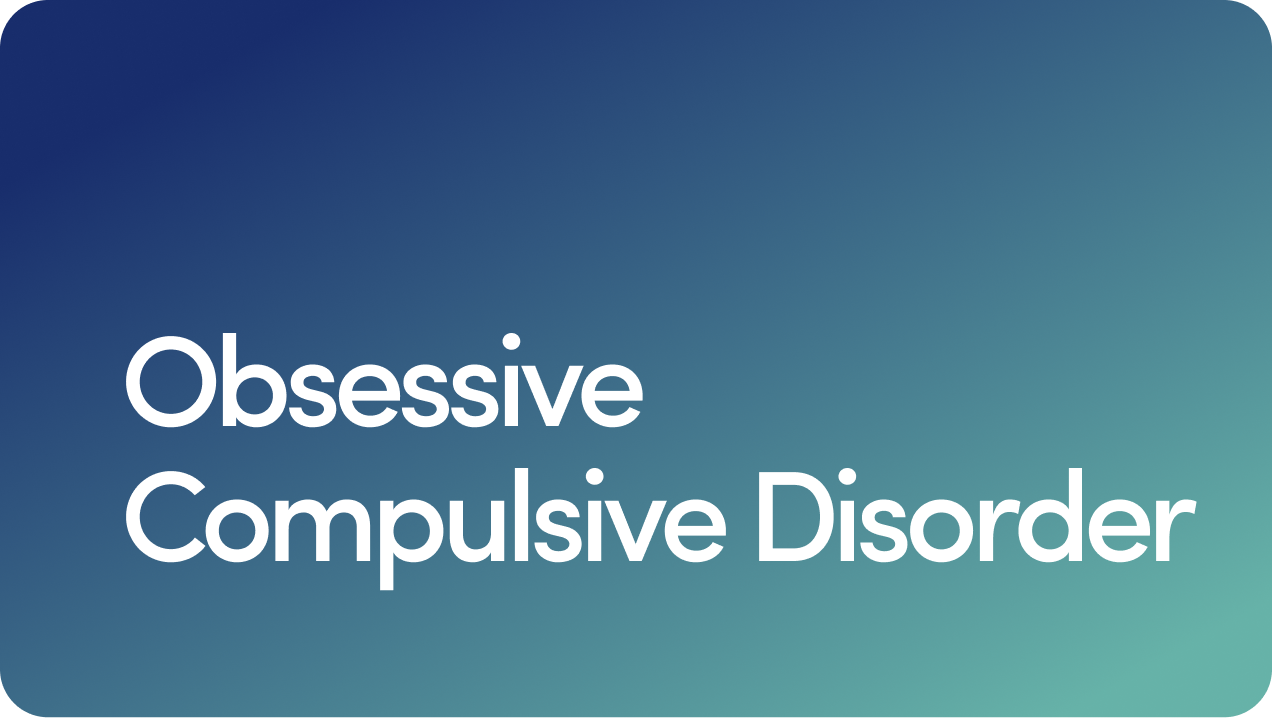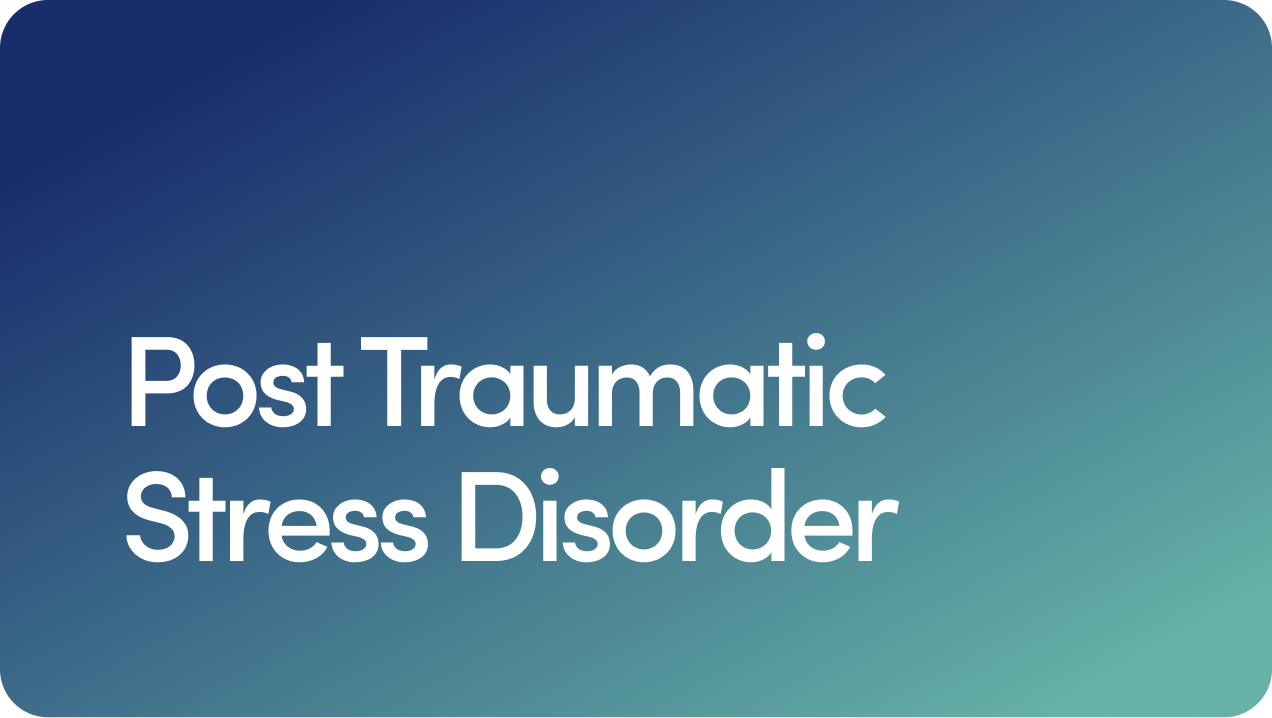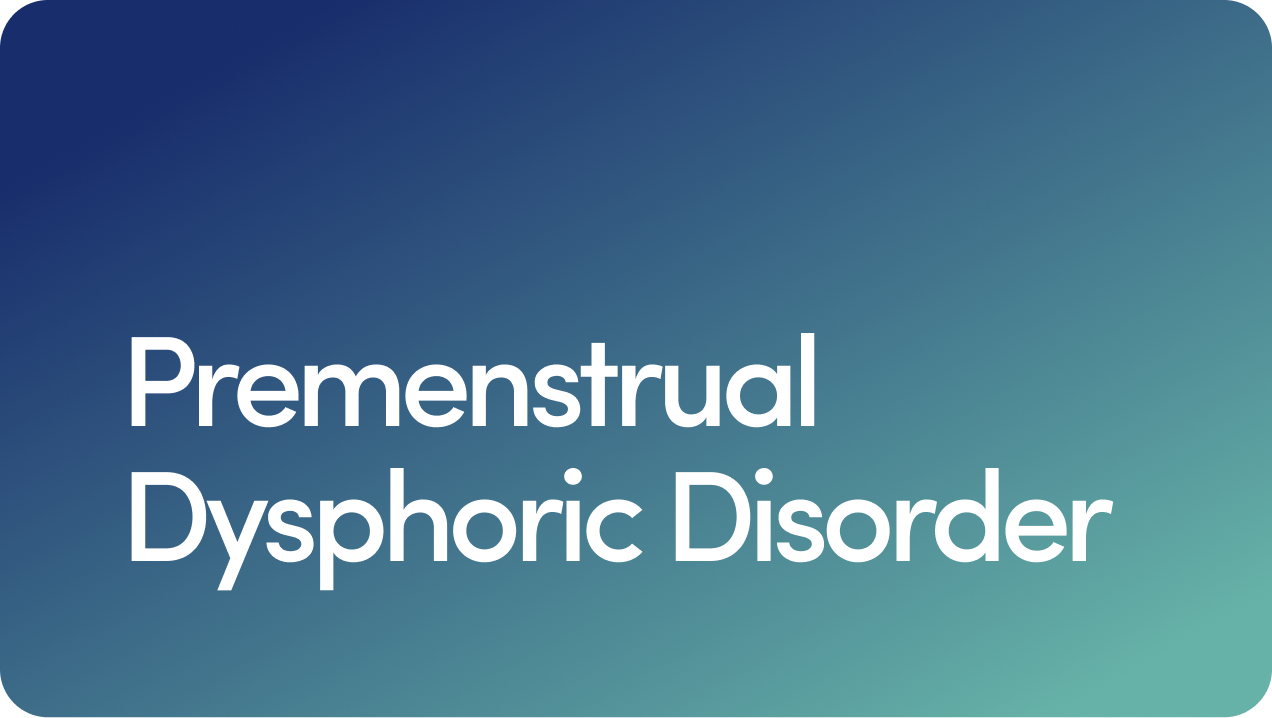Content
Free Mental Health Assessment
What Are Brain Zaps?

Reviewed by Katelyn Hagerty, FNP
Written by Geoffrey C. Whittaker
Published 06/09/2022
Updated 06/10/2022
Brain zaps do not sound like something you want. Brain zaps sound like an ‘80s science-fiction torture device — something futuristic, yet medieval. Are they that scary? Are they harmless? Can they kill you? What are brain zaps, exactly?
It’s a complicated question, in part, because for many years the medical community has struggled to define brain zaps and answer that very question.
Because brain zaps are relatively new in the field of medical research, there are many questions about them.
Whether you’re suffering from them yourself or a loved one has mentioned them, there’s good news: brain zaps are not a reason to panic. But they are important to understand.
Let’s start with some basics.
Content
What Are Brain Zaps?
Brain zaps, brain shivers and brain flips are all common names for a particular sensation experienced by people who are going through withdrawal from certain psychiatric drugs.
These sensory disturbances can result in brief cognitive impairment, but generally don’t last more than a few seconds.
Brain zaps are a particular symptom described as an electric shock through the brain and fizzing in the head.
These cognitive phenomena are still in the phase of medical discovery where a lot of people are complaining about them, and yet the medical community and researchers are still trying to figure out how to codify the experience.
For a lot of people, these zaps manifest as a sudden electric buzz sound in the brain when resting or sleeping, resulting in sleep disturbances. Some call it a wave-like pulse, others call it a shiver.
Why Brain Zaps Happen
Brain zaps are the brain adjusting to new chemical balances, but why they happen is a more complicated question than that simple answer.
There are two ways to answer the question of why brain zaps happen.
The first is simply to explain the conditions in which brain zaps are possible, and that is when treatment with an antidepressant medication is altered either by abrupt discontinuation or gradual tapering — in other words, when withdrawal from certain antidepressant drugs begins.
Electrical sensations in the brain commonly happen as a result of dosage adjustment or withdrawal from selective serotonin reuptake inhibitors (SSRIs) or selective norepinephrine reuptake inhibitors (SNRIs).
Both of these medications can be responsible for the zaps you experience.
But the association of brain zaps with discontinuation syndrome isn’t the only potential cause of brain zaps. While scientists and researchers don’t have a definitive answer here, they believe that one of the potential triggers for a zap is rapid lateral eye movement.
Essentially, quickly looking left and then right can potentially cause a brain zap when your risk is already elevated.
Are Brain Zaps Dangerous?
Brain zaps aren’t dangerous — studies to date have shown that there is no clinical evidence suggesting that they present any real short- or long-term danger to someone experiencing them.
That said, they don’t exactly sound pleasant, do they?
The reality is that danger and discomfort are two different concepts. A rug burn doesn’t really present any danger to your safety, but that doesn’t mean it won’t cause you discomfort.
In the same way, brain zaps have a “danger” factor of the panic and the in-the-moment discomfort that you’ll feel from these cognitive misfires.
Will Brain Zaps Go Away?
Good news: if you’re experiencing head shocks or are considering reducing your medication (after speaking with your healthcare provider, of course) and are worried about experiencing them, you can rest easy knowing that experts largely consider them a transitory or temporary side effect.
Brain zaps are generally a result of the sudden or gradual change in brain chemistry as dosages of antidepressants are adjusted, and once your brain gets used to the current dose again, the zaps will, in all likelihood, subside.
That said, it is possible that brain zaps may linger for extended periods of time, and a few rare cases do exist of people seeing long-term adverse effects that don’t appear to go away.
If this is the case for you (and it’s rare that it would be the case), then you represent a small fraction of the total user base.
Unfortunately, we only have so much to offer in the way of advice from here.
If brain zaps don’t go away and start to affect your daily life, the solution is to talk to a healthcare professional or mental health professional about the symptoms.
Cards on the table: long-term or permanent withdrawal effects like brain zaps make up a considerably small portion of the population.
Remember: brain zaps on their own are an underappreciated symptom of discontinuation syndrome in people taking antidepressants already. This is a small minority of an already underexplored area of brain health.
While we understand that long-term electrical shocks from your own brain may drastically impact your quality of life, there appears to be no existing literature about possible treatments for this condition.
Your healthcare provider may simply put you back on your medication to see if it lessens the effects — at the moment, that’s our best guess about the solution.
Brain Zaps: The Big Picture
If you’re experiencing brain zaps, talk to a healthcare provider about your discontinuation symptoms.
Chances are, they may have some comforting advice, recommendations or coping mechanisms to get you through these antidepressant withdrawal symptoms so that you can get on with your life.
If you’re reading this because you’re considering taking, tapering or discontinuing your antidepressant prescriptions, don’t let us be the ones to tell you you have no need to worry — talk it over with a healthcare professional.
Medical fears and fears of brain function are valid and understandable responses to these changes, and when someone says that discontinuing medication for mental disorders might cause electric shock sensations in your brain, it’s understandable to panic.
But don’t let that panic get in the way of treatment.
You deserve the quality of life that the proper dosage of antidepressants requires, and whether it’s getting on these medications or getting off of them, you have the right and the responsibility to make an informed decision.
3 Sources
Hims & Hers has strict sourcing guidelines to ensure our content is accurate and current. We rely on peer-reviewed studies, academic research institutions, and medical associations. We strive to use primary sources and refrain from using tertiary references.
- Aronson J. (2005). Bottled lightning. BMJ : British Medical Journal, 331(7520), 824. https://www.ncbi.nlm.nih.gov/pmc/articles/PMC1246084/.
- Papp, A., & Onton, J. A. (2022). Triggers and Characteristics of Brain Zaps According to the Findings of an Internet Questionnaire. The primary care companion for CNS disorders, 24(1), 21m02972. https://pubmed.ncbi.nlm.nih.gov/35144325/.
- Sussex Publishers. (n.d.). Fireworks or brain zaps? Psychology Today. Retrieved April 12, 2022, from https://www.psychologytoday.com/us/blog/creativity-way-life/201107/fireworks-or-brain-zaps.
This article is for informational purposes only and does not constitute medical advice. The information contained herein is not a substitute for and should never be relied upon for professional medical advice. Always talk to your doctor about the risks and benefits of any treatment. Learn more about our editorial standards here.
Related Articles
Related Conditions
 Anxiety
Anxiety
 Depression
Depression
 OCD
OCD
 PTSD
PTSD
 Bipolar Disorder
Bipolar Disorder
 Premenstrual Dysphoric Disorder
Premenstrual Dysphoric Disorder